Research Interests
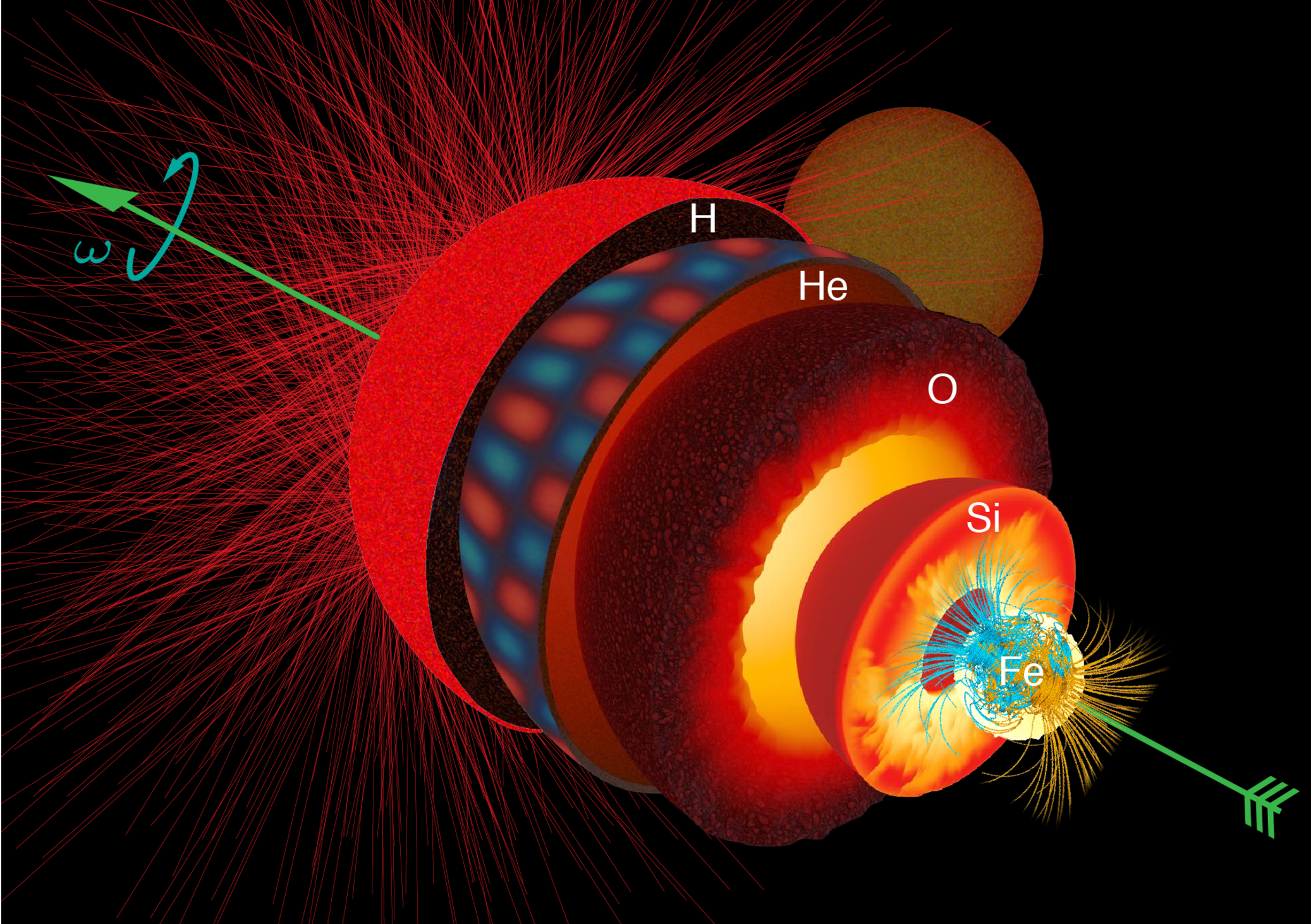
Massive stars

Stellar evolution
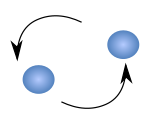
Gravitational Waves
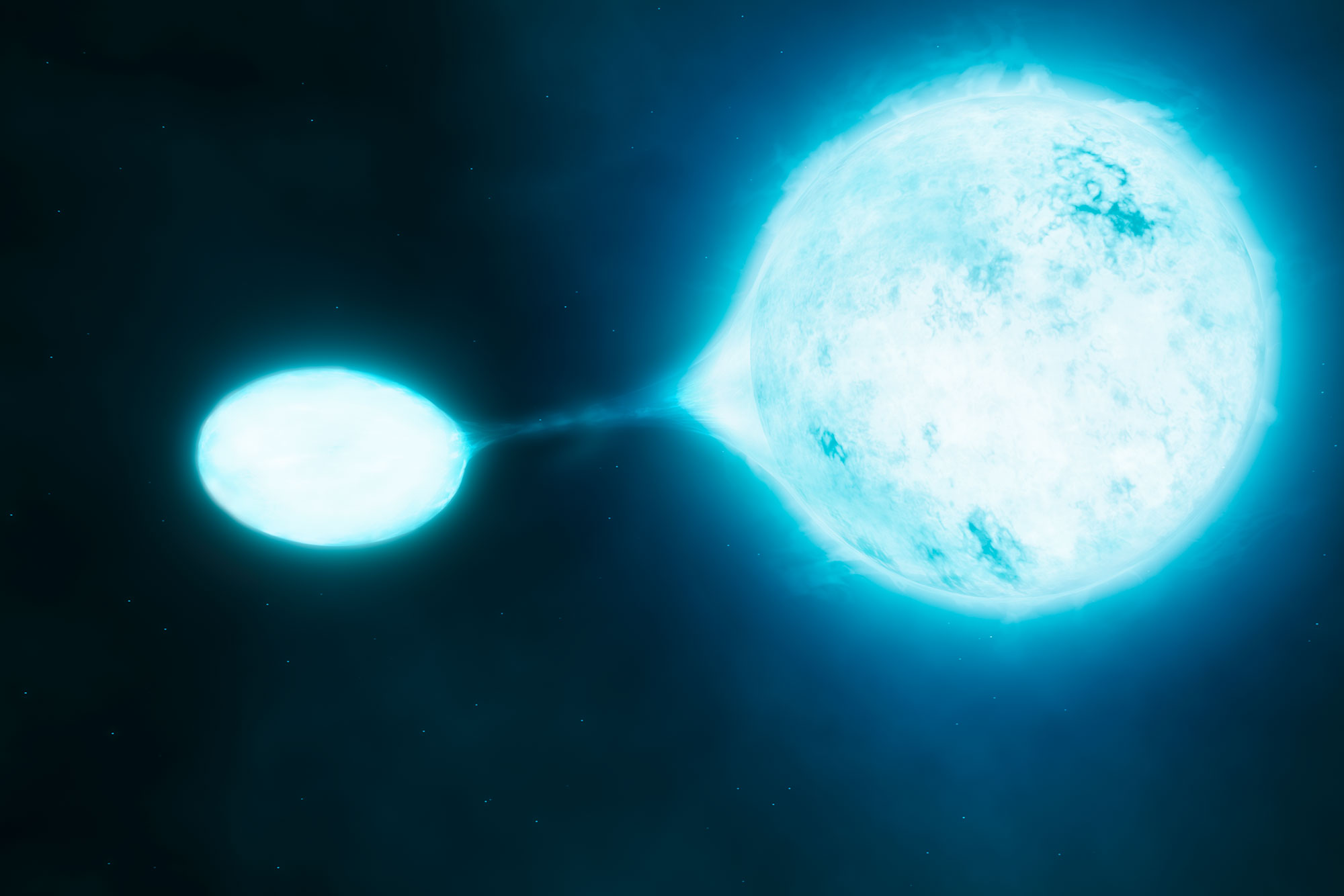
Binary Stars

Population Synthesis
Rob Farmer’s science

Massive stars

Stellar evolution

Gravitational Waves

Binary Stars

Population Synthesis
C.V
My Full CV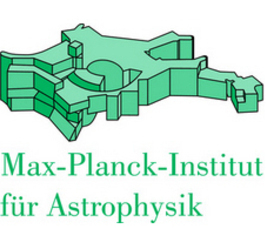
2021-
In this post doc I am currently trying to understand what we the chemical yields from binary stars and how they differe to those of single stars. I continue to work on developing the MESA stellar evolution code

2017-2021
In this post doc I am currently trying to understand what we can learn about the lives and deaths of massive stars from merging binary black holes detected by LIGO/Virgo. I continue to work on developing the MESA stellar evolution code
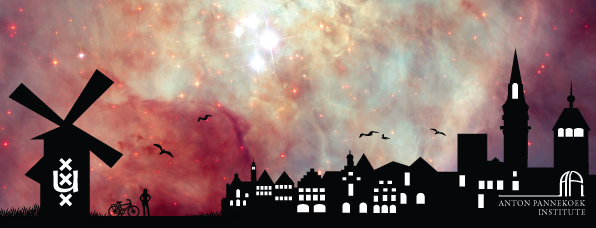
2018-2019
I chaired the 2019 ASPIRE (Astrophysics Summer Program for International Research Experience) which brought 8 international students from disadvantaged backgrounds to Amsterdam for a 10 week research project. The goal was to give the students a experience of astronomical research at a world-leading institute and help kick-start their journey into a science career.

2014-
I am a senior developer for the MESA stellar evolution code, and a member of the MESA technical council, which oversees the technical development of the MESA code. I focus all all things to do with massive stars, core collapse physics, nuclosynthesis, nuclear reactions, and neutrinos.

2014-2017
My first post doc focused on understanding how massive stars that will explode live and die. This include SAGB stars and core collapse progenitors. The other part of my time was spent developing the MESA stellar evolution code.

2010-2014
My PhD focused on understanding the stars that made up the Kepler field of view. I was particularly interested in understanding the effect of binarity on how Kepler selected its targets.

2006-2010